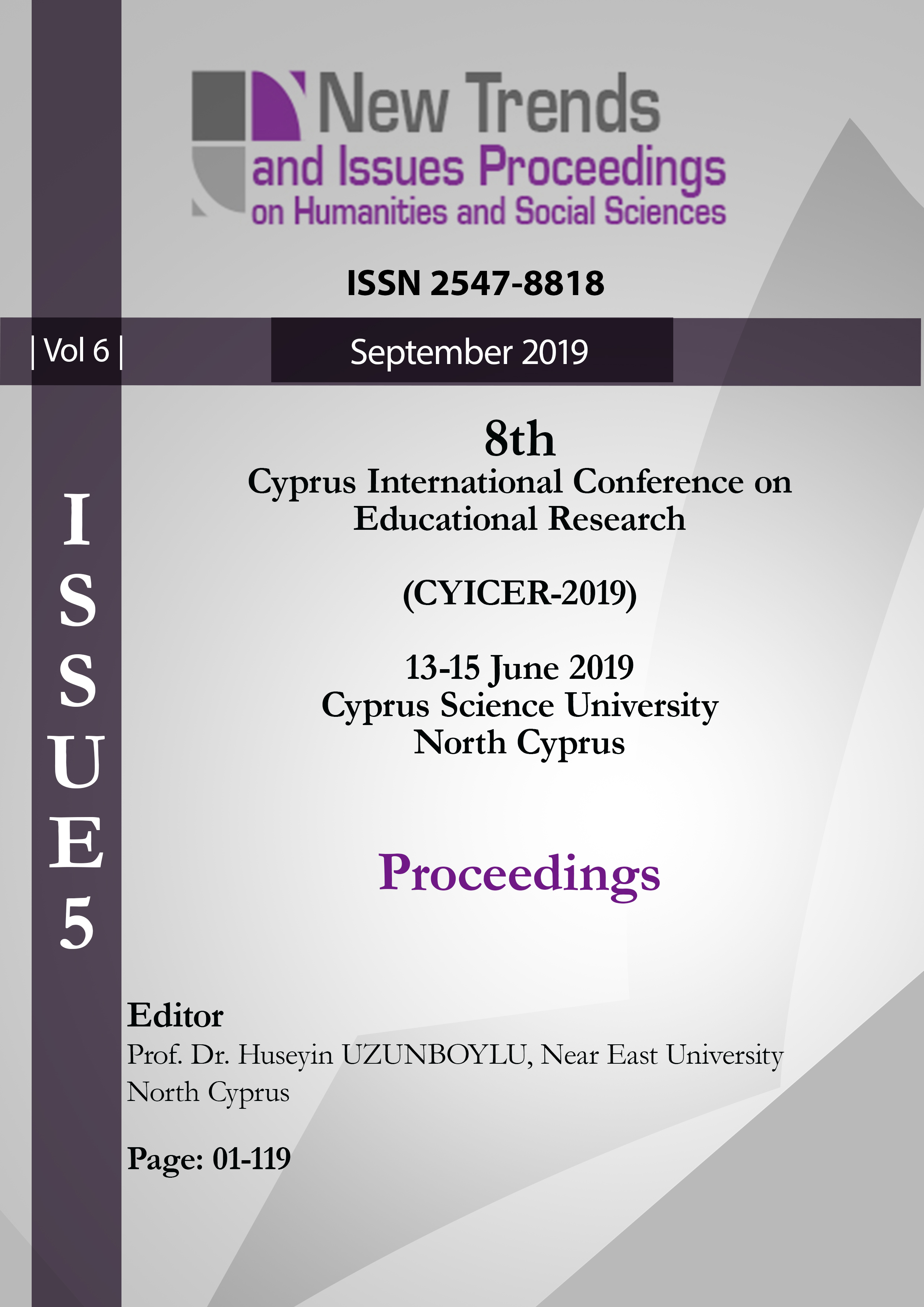Mobile technologies in educational process Chinese universities
Main Article Content
Abstract
Mobile training facilitates communication and information exchange without reference to stationary equipment. The purpose of the study is to find effective resources and mobile programs for use by Chinese undergraduate students in the study of Russian and English as foreign languages. The study was conducted in the Chinese universities of Guangzhou, Zhuhai and Wuhan. Observation, survey, survey and problem-oriented search showed that 95% of respondents prefer to use the mobile communication system WeChat (Weixin). Mobile programs and applications based on it—Xiumi, dictionaries Youdao and Qianyi, mini-program Ruclub, ‘Russian centre’—are widely used in the classroom and outside the classroom, in various forms of student and teaching activities. The results of the study showed that WeChat (Weixin) is the leading mobile platform for learning foreign languages in China. It is important to create a methodological classification of mobile applications used for teaching purposes on the WeChat platform.
Keywords: Mobile learning, mobile programs, mobile app, WeChat, Chinese students.
Downloads
Article Details

This work is licensed under a Creative Commons Attribution 4.0 International License.
Authors who publish with this journal agree to the following terms:- Authors retain copyright and grant the journal right of first publication with the work simultaneously licensed under a Creative Commons Attribution License that allows others to share the work with an acknowledgement of the work's authorship and initial publication in this journal.
- Authors are able to enter into separate, additional contractual arrangements for the non-exclusive distribution of the journal's published version of the work (e.g., post it to an institutional repository or publish it in a book), with an acknowledgement of its initial publication in this journal.
- Authors are permitted and encouraged to post their work online (e.g., in institutional repositories or on their website) prior to and during the submission process, as it can lead to productive exchanges, as well as earlier and greater citation of published work (See The Effect of Open Access).
